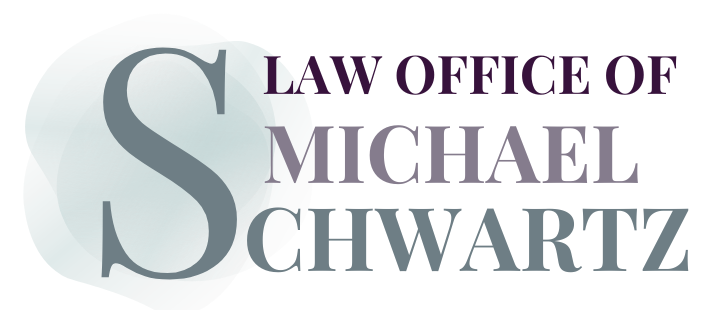The Chapter 13 Process
Once you file a Chapter 13 bankruptcy, an automatic stay will go into effect. The automatic stay will prevent creditors from collecting their debt outside of bankruptcy. This means that foreclosure actions stop, lawsuits filed against you will stop, tax collection will stop, sheriff sales of your home will stop – basically any kind of collection practice will be stopped by the chapter 13 bankruptcy filing.
A chapter 13 bankruptcy is a type of bankruptcy that will force creditors into some kind of payment plan. The amount of this payment and the length of the payment plan will vary from case to case, and will depend upon a number of factors: income in the household, monthly living expenses, assets owned by the filer, and type of debt that need repayment. Some types of debt, including mortgage arrears, car loan arrears, and most tax liabilities must be repaid in full during the bankruptcy case. Depending on the circumstances, some type of debt like credit cards and personal loans may be repaid only a fraction of the amount owed. At the end of the bankruptcy plan, all debt will be resolved.
Once the case is filed, individuals are required to resume making mortgage payments and car loan payments beginning with the next payment due after filing. In Pennsylvania, these payments are typically made directly to the loan holder. Thirty days after the case is filed, the first payment to the Trustee becomes due. This payment will be established through the Chapter 13 Plan. It it important that once the case is filed, payments to secured creditors resume and payments to the Trustee begin.
Within six weeks of filing, a 341 Meeting of Creditors will be held. All creditors are provided notice of the meeting and are invited to attend. It is not unusual for creditors to not appear at this meeting since the Trustee represents their interests. The purpose of this meeting is to ensure that the filed petition is accurate and that the amount being paid is appropriate based upon the circumstances. The Trustee will review the petition and ask questions to make sure that all information is accurately provided in the petition. If changes need to be made, the Trustee will file an objection to the bankruptcy case.
After a few months, the Court will schedule a confirmation hearing. At the confirmation hearing, the Trustee will review the case. If payments are being made timely, and the plan appropriately pays creditors, then the Trustee may recommend that the Chapter 13 plan be approved.
Michael Schwartz is a bankruptcy lawyer in Bucks County Pennsylvania with offices in Southampton, Perkasie and Havertown. If you would like to speak with Michael Schwartz about bankruptcy, please call him at (215) 392-8783


